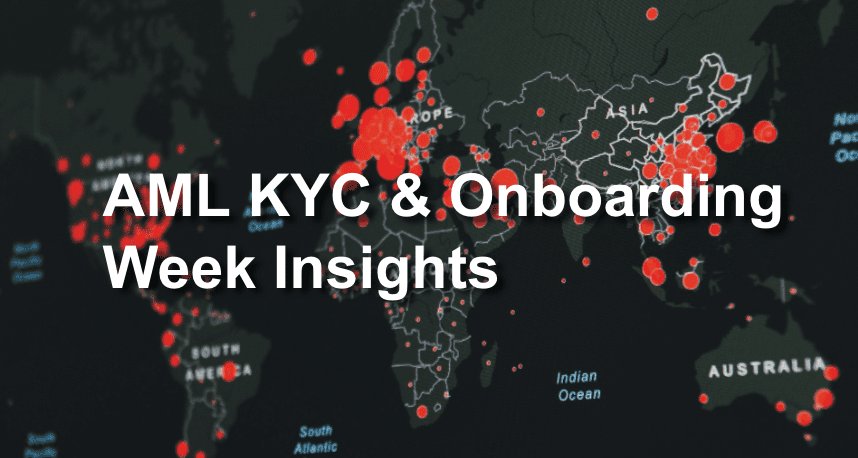Uruguay
2025-2030 AML/CFT National Strategy
Uruguay has launched a national strategy for 2025-2030 to combat money laundering, terrorism financing, and weapons proliferation, aiming to curb drug trafficking and organized crime. The strategy is based on the 2024 National Risk Assessment, which identified drug trafficking, corruption, and the soccer transfer market as high-risk sectors. The plan strengthens legal frameworks, enhances institutional coordination, and improves enforcement mechanisms to boost prevention and operational efficiency.
Takeaways:
– Enhanced compliance requirements, heightened risk assessment of Uruguayan assets, and potential new investment screening obligations will impact cross-border wealth management strategies.
Source: https://fincrimecentral.com/uruguay-money-laundering-strategy-2025-2030/
Switzerland
Consider joining the International Anti-Corruption Coordination Centre (IACCC)
Switzerland is considering joining the UK-led International Anti-Corruption Coordination Centre (IACCC) task force to enhance its efforts against illicit financial activities and recover stolen assets. This move aims to shed Switzerland’s reputation as a haven for “dirty money” by increasing cooperation, intelligence sharing, and enforcement with major economies. Recent reforms include stricter beneficial ownership rules and transparency measures, making Swiss financial institutions more accountable and responsive to global anti-money laundering (AML) standards.
Takeaways:
– Expect stricter due diligence, real-time reporting, and greater cross-border information sharing impacting Swiss-based wealth structuring.
Belgium
AML Case Investigation at ING Belgium
ING Belgium is being investigated for alleged involvement in money laundering tied to Didier Reynders, former EU Justice Commissioner. The case centers on EURO 700,000 in cash deposits made by Reynders between 2008 and 2018, with the bank only flagging these as suspicious in 2023, years after they occurred. Both current and former ING Belgium CEOs have been summoned, as the probe questions the bank’s compliance with mandatory transaction reporting laws.
Takeaways:
– Vigilant real-time monitoring and prompt reporting of suspicious activities are essential to meet evolving regulatory expectations.

